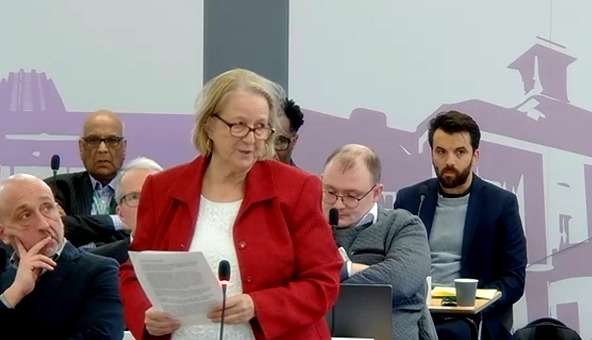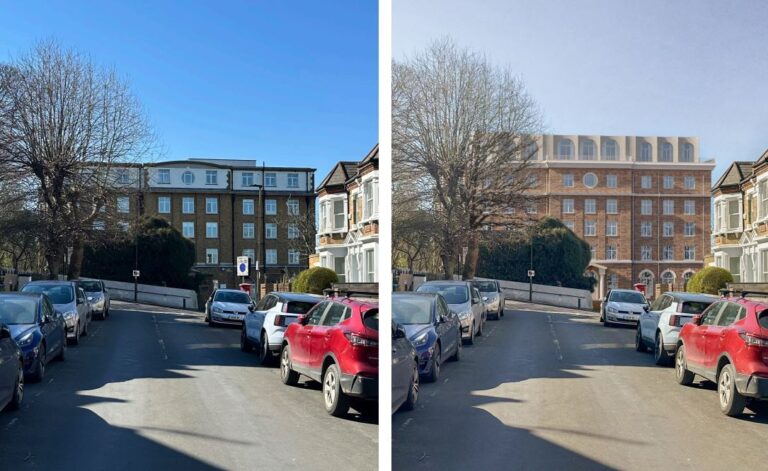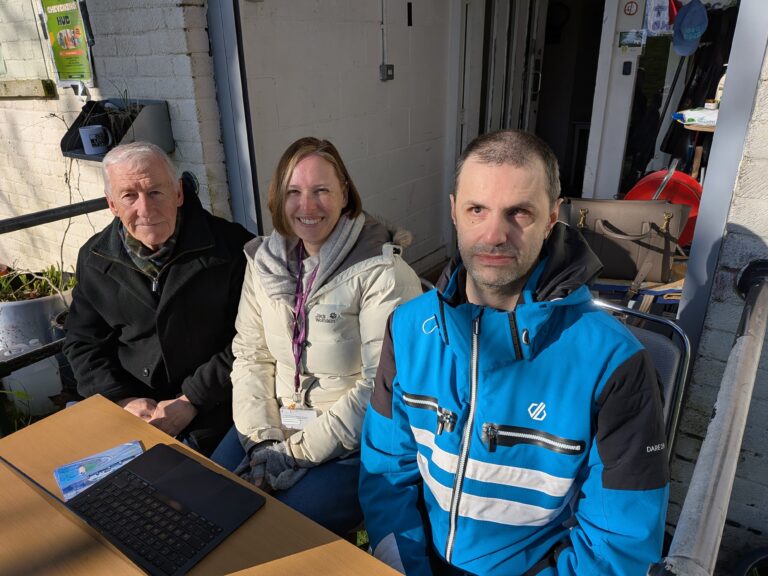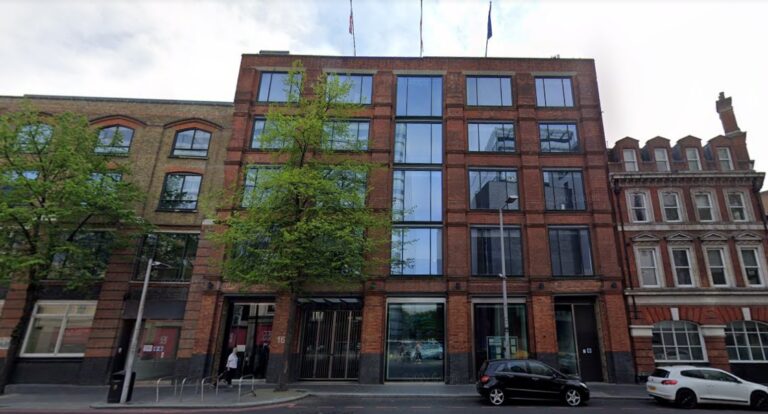Sutton Council voted to pass a balanced budget on Monday (March 4), which included the much-anticipated hike in council tax. This follows similar increases brought by councils across the country as they try to provide expensive statutory services.
The 4.99 per cent rise will lead to a £1.55 per week increase for those living in a Band D Household. According to Council documents, the total proposed B and D Council Tax charge for a property in Sutton will now be £2,166.18 for 2024/25 compared to £2,048.38 in 2023/24.
The Council stressed that increasing this tax was a ‘difficult’ but essential decision to make to ensure that it met its legal obligation to submit a balanced budget.
Sutton Council leader Ruth Dombey told the chamber: “We now live in a world where vital services for the elderly, people with disabilities and children with special needs are funded by council tax. Not a tax based on your ability to pay, but rather the value of your home 30 years ago.”
While Sutton Council is in a better financial shape than some of its immediate neighbours, councillors across the house acknowledged that this balanced budget would only ‘see them through the next year’ and that more funding was needed from Central government.
Sutton’s Conservative opposition, who abstained from the vote, raised concerns that the Council was making ‘unusual’ decisions regarding SEND funding to balance the budget.
Speaking to the Local Democracy Reporting Service (LDRS) Cllr Tom Drummond said: “Although I acknowledge there are issues with local government funding, I think this council should be prioritising vulnerable residents, like children with SEND, but due to what seems like an absence of leadership in this area, as evidence by the Sutton Parents Carers submission to Council, this does not seem to be the case”
Education, and health care plans (EHCP) are a particularly expensive and contentious issue for the South London Council. EHCPs are personalised legal documents that set out the education, health and social care needs of a child or young person.
Once an EHCP is finalised, local authorities are legally required to meet the needs of the young person. Back in 2022, Sutton was revealed as having the highest refusal rate in the country when it came to assessing children for EHCPs.
This record, which is also twice the London average, has led to Sutton having to fight a number of protracted court battles with the parents of SEND children. Fellow Conservative Councillor Mike Dwyer told the chamber on Monday that despite spending almost £200,000 on legal fees, it has not won a single appeal at the SEND list tribunal.
This led Dwyer to say: “It would be no exaggeration to say that in this area Sutton has been a national disgrace.”
According to Dwyer, the Council also had to take money from the reserves of its two wholly-owned trading companies to the tune of £300,000 each, in order to balance its budget. These companies include Encompass, the Council’s emergency housing services provider, and Cognus, who provide its SEND education.
Councillor Tim Foster, one of Beddington’s three independent representatives, shared Dwyer’s concern regarding the decision to take money from local authority trading companies (LATC).
He said: “Since part of the reported financial pressures was an increase in high needs block, the cost of SEND transport and the individual unit cost of EHCPs, it seems counter-intuitive to draw money back from Cognus.
“At the 2016 inception of Cognus, it was said that any surplus would be reinvested in education services for Sutton’s children and young people. What these LATCs have become in reality are buffers between the Council administration and the expectation of residents.”
According to one councilior, this decision “leads to schools having less money available to provide SEN support to children who need it, while driving even more parents towards EHCP and the inevitable stress of taking legal action to protect the rights of their children.”
In concluding his appraisal of the Council’s SEND policy, Dwyer told the chamber: “It begs the question as to whether the council would be able to achieve a balanced budget were it not for these very unusual transfers of funds from budgets out of the Council’s direct control.”
When approached for comment, Councillor Dombey said: “Despite a track record of managing our finances very carefully over many years, like many other councils, we now find ourselves having to make really difficult choices. Choices that none of us want to have to make.
“It’s particularly hard as since COVID the needs of people needing our support have become more complex, demand is increasing day-by-day and yet our funding is not keeping up.
“We want to be a good, caring council that provides high-quality services to our residents. The shocking failure of the government to fund local authorities properly has now forced us to cut back on services that everyone benefits from so we can continue to support our vulnerable adults and children. We should not be having to make these choices. It simply isn’t right.
“Government often talks about the amount of extra funding they provide local authorities. These figures include the assumption that we will increase the amount of council tax we charge our residents to the maximum. So, like many other councils across the country, we have been left with no choice but to put forward an increase in council tax.
“This means that from April, we will be asking our residents to pay £1.55 more a week in Council Tax for an average Band D property. This will help fund the services we all benefit from like clean streets, our parks and open spaces, libraries, as well as allowing us to carry on looking after those who need our help most.
“We know that many people are struggling with the cost of living crisis. But until the unfair thirty-year old council tax system is reformed and the government delivers on its promise to reform social care, we have very little choice.”
Sutton Council leader Ruth Dombey said local councils need more money to support the pressured health service. Credit: Sutton Council.






